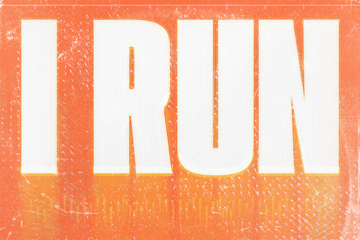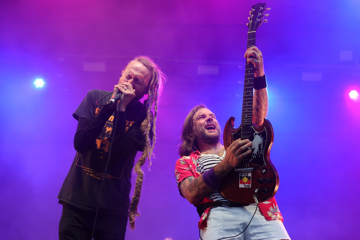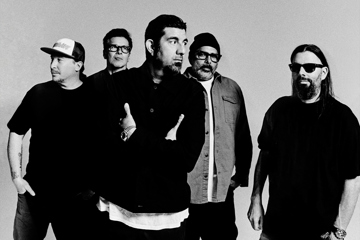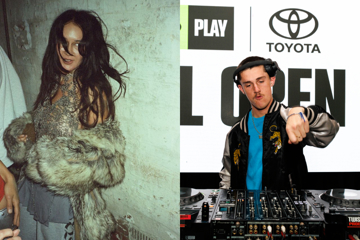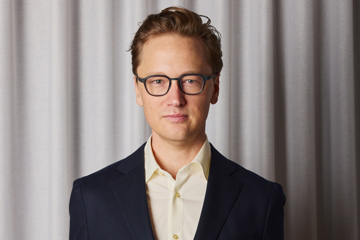'Making Music Means Selling It' & Other Things We Learnt From Tina Arena's BIGSOUND Keynote
Including her tips for young artists.

Tina Arena during her BIGSOUND keynote

For four decades, Tina Arena has been at the forefront of the Australian music scene. This morning Arena shared her experience and her advice for the changing face of the music industry. Here's our takeaways from Arena's BIGSOUND keynote.
On her forty year long career
"Music has been my life so I'm incredibly passionate about it."
Don't miss a beat with our FREE daily newsletter
"It is pop music that has lasted through the years and has gotten me to this point."
"I've realised making music means selling it… Marketing is not a dirty word."
on Young Talent Time and the future of reality singing competitions
"It was 40 years ago and there were no ethnic faces on tv." — on Young Talent Time producers asking her to change her name from Filippina to Tina to be more relatable to audiences.
"It was an extraordinary apprenticeship."
"Young Talent Time was inclusive and welcoming."
"The only downside of Young Talent Time was when I was trying to transition to an adult."
"When one worked, there was suddenly an onslaught of them" — on current reality singing comps shows.
On the music industry
"It's completely different. The music scene of the 1970s is totally unrecognisable today."
"In my opinion, [the Australian creative community] is stronger than ever."
"There are women over forty making pop music but you won't hear them on commercial radio."
"Radio is still an important media and it's not unreadable to expect Australian radio to support local artists."
"There is so much room for great Australian music on the radio, instead of Katy Perry being played 8 times a day… Listeners will not turn away. They'll become fans of the Australian music you're playing."
"It's time to grow up now. The labels need the musicians or the content creators or they're basically fucked."
"Discussion leads to change." — on biases in the music industry.
on her work
"I've never chased fame, it's been a byproduct of my work."
"Well, fuck, watch this." — on working a 9-5 insurance job when people told her she would never understand the real world after Young Talent Time.
"My lesson was I needed to learn to write myself." — on honing her songwriting skills after losing the How Will I Know demo to Whitney Houston.
"Being dropped from Sony Music was a tough time. I had three albums with them and they didn't believe in the fourth."
"My former publishing company did not reply to my managers emails in four years." — on not getting writing sessions.
"I love Client Liaison. I did a song with them. I'd do an album with them in a heartbeat."
On streaming services
"Let's be honest, music has essentially lost its value to the consumer." — on the influence of streaming services on record sales.
"Why this is a fucking free business model?"
"I still don't think there's any clarity on that revenue distribution."
"We get bank statements each month, why don't we get royalty statements each month?"
on the media
"I also find it sexist that when I performed at Splendour In The Grass, it was good but everyone kept mentioning my age. Paul Kelly played that festival and no one mentioned his age."
"The more successful you become, the more liberties the media take."
Advice for young artists
"Ask yourself what your intentions are."
"If you truly truly love it, it won't matter if you're successful or not."
"If your gut says something isn't right, listen to your own instincts."
"A good lawyer may be the best $1000 you'll ever spend."
"Each low can lead to a high if you're strong and you navigate it properly."

